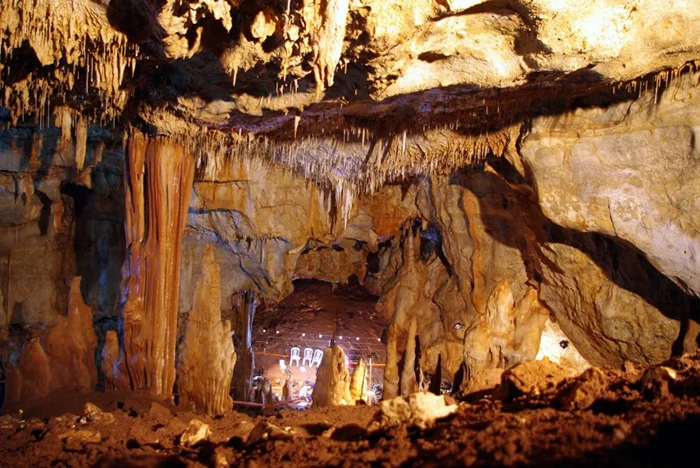Eye | Mami Wata Resurgence As Global Goddess | 55,000 Years-Old Female Skull Provides Critical Link In Human Evolution & Migration Out of Africa
/A Female Skull Closes Migration Link Out of Africa and Into The Levant
In a series of coincidences that are peppered throughout my life, scientists have threaded another needle in the highly-probable story that human life originated in the region of Lake Turkana bordering Kenya and Ethiopia before migrating into a region known today as The Levant.
In a very real sense, today’s religious wars are going on in the very region that is the cradle of human civilization. My own relationship with The Levant area is most focused on studying the evolution of the goddesses and the rise of monotheism.
Kenya, Lake Turkana and the Omo Valley people of Ethiopia are a much stronger connection — one revealed through my inexplicable connections with the young photographer Dan Eldon.
Mami Wata Moves Into Anne of Carversville
Aphrodite Joins Mami Wata For A Swim in Human Consciousness
Men have always been ambivalent about mermaids, the mythological aquatic creature with a female human head and torso but the tail of a fish. In many ancient cultures, mermaids were regarded as semi-divine aspects of the Goddess.
Carl Jung’s theory of the feminine unconscious describes this oceanic-subterranean womb of creation as an unfathomable place of ancient wisdom but also fear.
The first known mermaid stories appeared in Assyria, ca. 1000 BC. The goddess Atargatis, mother of Assyrian queen Semiramis, loved a mortal shepherd and unintentionally killed him.
Distraught and ashamed, Atargatis jumped into a lake to take the form of a fish, but the waters would not conceal her divine beauty. Thereafter, she took the form of a mermaid—human above the waist, fish below—though the earliest representations of Atargatis showed her as a fish with a human head and legs, similar to the Babylonian Ea. The Greeks recognized Atargatis under the name Derketo.
Prior to 546 BC, the Milesian philosopher Anaximander proposed that mankind had sprung from an aquatic species of animal. The scientist and highly-regarded critical thinker thought that humans, with their extended infancy, could not have survived otherwise.
Steve Marais Celebrates African & Global Goddess Mami Wata As Mermaid In Gaschette Magazine AOC Salon
More reading:
The ‘Little Mermaid’ and the Archetype of the Lost Bride by Margaret Starbird
Jung and Heraclitus by Mark L. Ditson
The Divine Feminine, Unveiled by Elizabeth Debold
Yemaya-Olokun by Stephanie Pope










